
News writer; Opinion columnist
Lotteries are some of the world's most secure, scrutinized, and regulated businesses. At the headquarters of the Multi-State Lottery Association, which runs Powerball and Mega Millions, computers that pick winners are encrypted, locked in safes, watched by cameras, and protected by guards.
However, despite all of those safeguards, IT expert Eddie Tipton still found a way to manipulate the game to deliver guaranteed wins for himself and his friends.
The truth is that wherever there is money to be won, enterprising criminals will try to find a way to steal it. Their efforts are usually stopped by the intricate defenses lotteries use to protect themselves. But every so often, they're able to penetrate the digital and steel walls surrounding the games and engineer a jackpot win for themselves.
These are some of the greatest lottery scandals from around the world.
Scandal, Italian style
Lotteries are popular worldwide, but the Italians have a particular affection for them, wagering billions of dollars a year on popular draw games. That's why there was a sense of national outrage when authorities uncovered a wide-ranging cheating scandal in which an organized crime group rigged the outcomes of several regional lottery games.
An editorial written in the Milan newspaper Corriere della Sera expressed the depth of feeling that Italians have for the lottery, saying, ''If even Lotto is a lie, then we can't imagine what pure and innocent things might be left in this country. We don't have anything to believe in anymore.”
The scandal first came to light in January 1999, when police arrested nine people in Milan for rigging the city's lottery and announced they were investigating several other regional drawings. Many of the people arrested were employees of the government Finance Ministry, which is tasked with ensuring the integrity of lottery drawings.
One of the officials confessed to their role in the scheme and claimed that there were over 100 lottery fraud cases between 1995 and 1997 and that millions of dollars in winnings were unfairly won by players who participated in the corruption.
To understand this scandal, one must first understand how the Italian lottery chooses its winning numbers. While Americans were used to televised drawings with machines selecting the balls, Italian drawings were untelevised, and the winning numbers were chosen by children wearing blindfolds.
The scam worked by manipulating certain balls to make them easy to recognize and feel. Investigators found that the balls were frozen, heated, or given a unique texture, so the children pulling them would select the number the criminals needed to win.
The children were sometimes trained to see through their lightly tied blindfolds to identify which number to pick.
Investigators learned that many of the children involved in the rigged drawings were related to the corrupt finance ministry officials. The officials manipulated them by offering toys or money to select the doctored balls.
The corruption was made easier because the drawings were not televised and were usually only witnessed by a few officials in a small room. While only officials affiliated with the Milan lottery have been arrested, authorities also investigated lotteries held in Genoa and Rome.
The organization's alleged ringleader, Finance Ministry official Giuseppe Aliberti, expressed remorse for his part in the scheme and claimed that what started as something small was overtaken by sophisticated organized crime figures. He expressed to the magistrates:
I'm a broken man who got caught up in a game that was much bigger than me. If it helps, I'm ready to give back part of my money, part of that 500 million lire ($300,000). I'm a victim.
Before the scandal, every major Italian city had its own lottery drawing, but following the arrests, it was announced that local lotteries would be shut down and that every lottery drawing would be held in a single location.
To ensure the integrity of the game, all future lottery drawings would be televised, and retired police officers would replace the blindfolded children.
The fix is in
Citizens of the Dominican Republic love three things: baseball, bachata, and the lottery. However, while only a lucky few can grow up to become major league sluggers, anyone can participate in the island nation's lottery games.
Gambling is almost as popular as breathing in the Dominican Republic. There are casinos in nearly every hotel, and betting on sports is so prevalent it almost qualifies as a national pastime. That's why it shocked the entire country in 1999 when it was revealed that the national lottery had been rigged for years, guaranteeing big wins for well-connected insiders.
According to investigators, lottery insiders would choose the winning numbers in advance and buy tickets with those numbers. It's estimated that the criminals made $7 million from their scheme, but the number could be even higher based on tickets purchased by the million Dominican immigrants who live in the United States.
The numbers used for the Dominican lottery are also used by private lotteries in Haiti and drawings in Venezuela and Curacao. Government investigators say the ring had agents operating in every country and region where the numbers were used.
Nine people were arrested for participating in the scheme, but authorities believe the number of participants was far larger.
In America, agents would place bets at bodegas that served as fronts for selling illegal lottery tickets, but they encountered problems when the clerks observed that the same people won repeatedly and refused to pay out.
When the agents didn't receive the money they felt entitled to, they reportedly turned to violence.
An official with the Dominican Government stated:
It is clear that some bodegas in New York City were burned down as a result of the refusal of their owners to pay up, probably by police officers sent up there to collect. We also have reason to suspect that several people were killed in New York City for refusing to pay off, and we are going to be talking to the American authorities about that.
The majority of those funds were allegedly used to finance the political campaigns of former President Joaquin Balaguer and his Social Christian Reform Party. Some insiders estimate that up to 80% of their campaign cash came from the scheme.
One significant consequence of the unfolding scandal is that player participation in the once-super-popular game plummeted, and the lottery was reduced to placing advertisements that urged people to play again.
Bernardo Gomzes sold lottery tickets for 40 years in Santo Domingo, the nation's capital, and told reporters that the scandal had been a disaster for retailers:
This has been a mortal blow, a catastrophe for our entire profession. Our sales are down 70 percent from the good old days, and we're all going to go out of business soon unless someone puts an end to the pillaging that has been going on.
President Fernandez appointed Taina Gautreau de Windt, a well-regarded reformer, as the new lottery commissioner to restore confidence in the game.
De Windt explained to the reporters:
We're having all our drawings out in the open, with members of the public in attendance, national figures whose word is respected, like actors, reporters, and ballplayers. Before, when the lottery was one of the pillars of official corruption, everything was done very quietly and in the dark.
Canada
For several years, Bob Edmonds, a resident of Ontario, Canada, played the exact same set of numbers for the Lotto Super 7, a Canadian lottery game. He thought his strategy had finally paid off in 2001 when he matched the winning numbers, which should have earned him a prize worth CAD $250,000.
However, instead of collecting a jackpot, he uncovered a scandal that shocked the Canadian lottery industry.
When Edmonds tried to verify his ticket at a local retailer, the clerk, Phyllis LaPlante, told him it was actually a loser and he had only won a free game. Edmonds was disappointed, but his feelings quickly grew to anger just days later when he saw LaPlante and her husband posing in the newspaper with a winning lottery ticket worth CAD $250,000.
Edmonds reported the theft to the Ontario Lottery and Gaming Corporation (OLGC), but they simply denied the allegations and told him that he was not entitled to anything. Instead of going away, Edmonds launched a crusade that uncovered a massive case of lottery fraud and collusion between the OLGC and lottery retailers.
An investigation would eventually reveal that between 1999 and 2006, more retailers were winning lottery prizes than customers. Investigators learned that the OLGC paid over CAD $100 million to lottery retailers who claimed to have purchased winning tickets in that time period.
Instead of investigating the crime, the OLGC colluded with the retailers to cover it up.
"The OLG is fixated on profits rather than customer service. It's lost sight that it is supposed to be the guardian of public trust," Ontario Ombudsman André Marin said at a Toronto news conference.
Marin added that the OLGC's safeguards against retailer fraud were “woefully inadequate.” He said investigators were overly friendly with the subjects they were investigating and would even guide them in their interviews to answers that would exonerate them.
Customers who complained were ignored and ridiculed. While senior OLGC leadership was aware that certain retailers were defrauding the lottery, they refused to investigate allegations of theft and fraud seriously.
The investigation resulted in the firing of several OLGC leaders, the revamping of security procedures to prevent future abuse, and the arrest of several retailers involved in the scheme.
Despite all of this, Edmonds still had to fight the organization to receive a fair share of the money he was entitled to.
Even when the LaPlantes were arrested for fraud, the OLGC refused to pay him what he was owed. He was forced to take them to court, where he eventually won a settlement for the full amount of his prize.
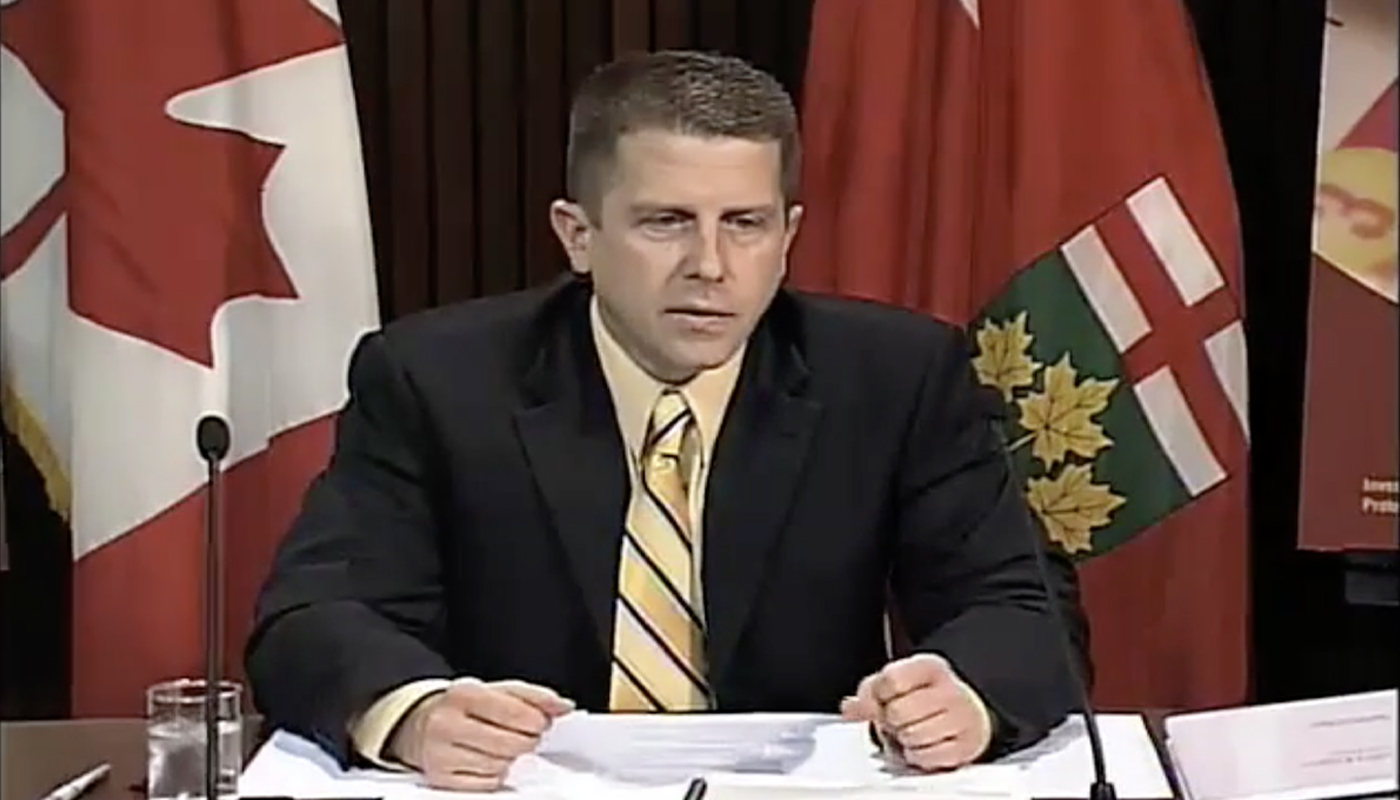
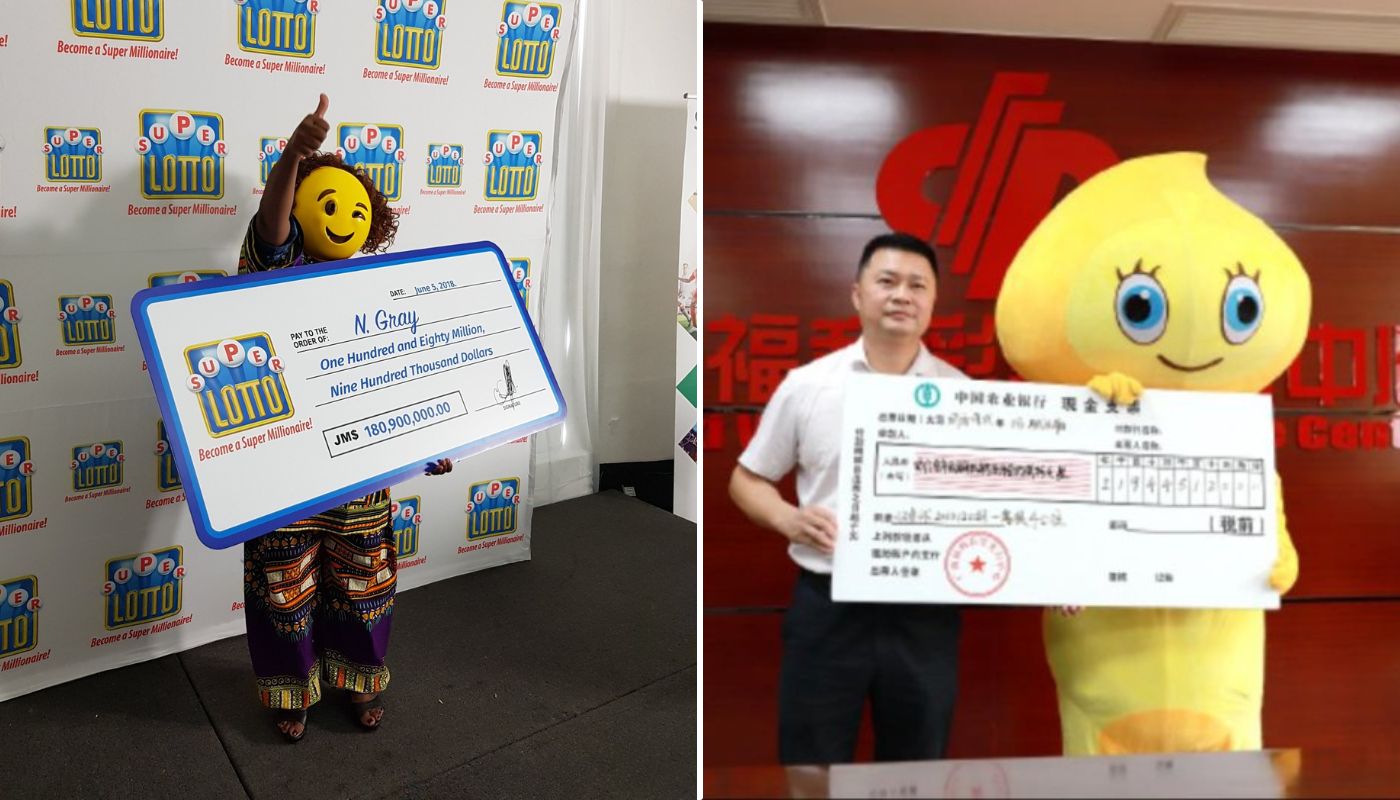



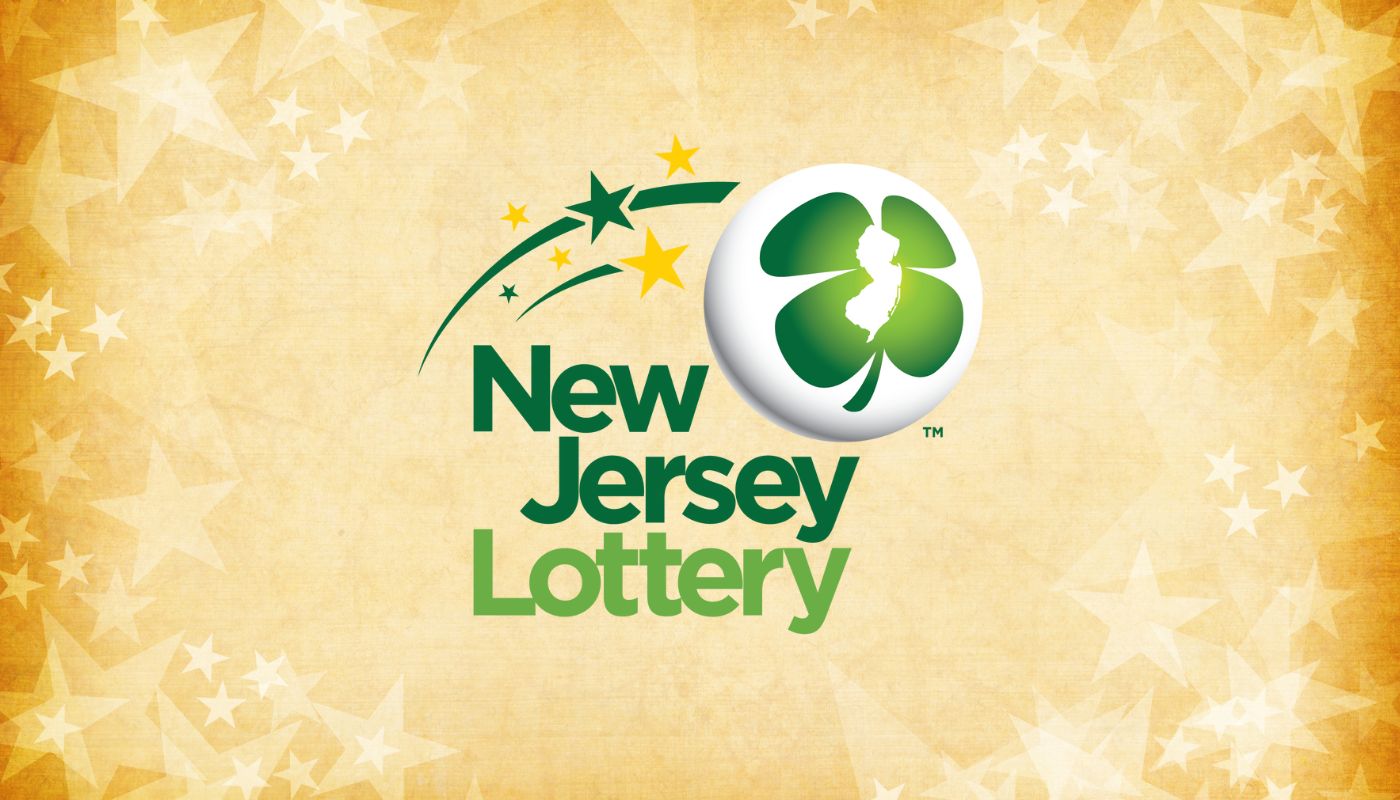
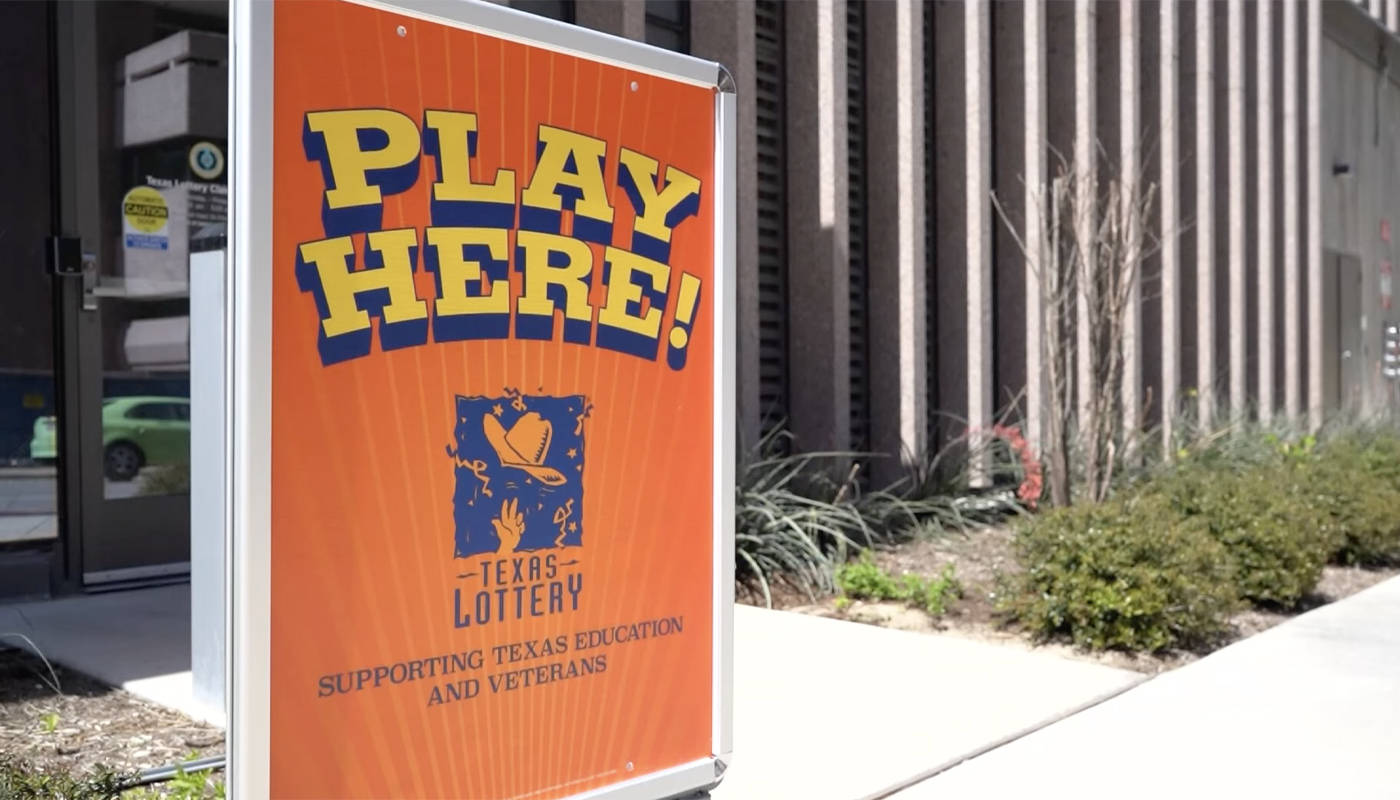
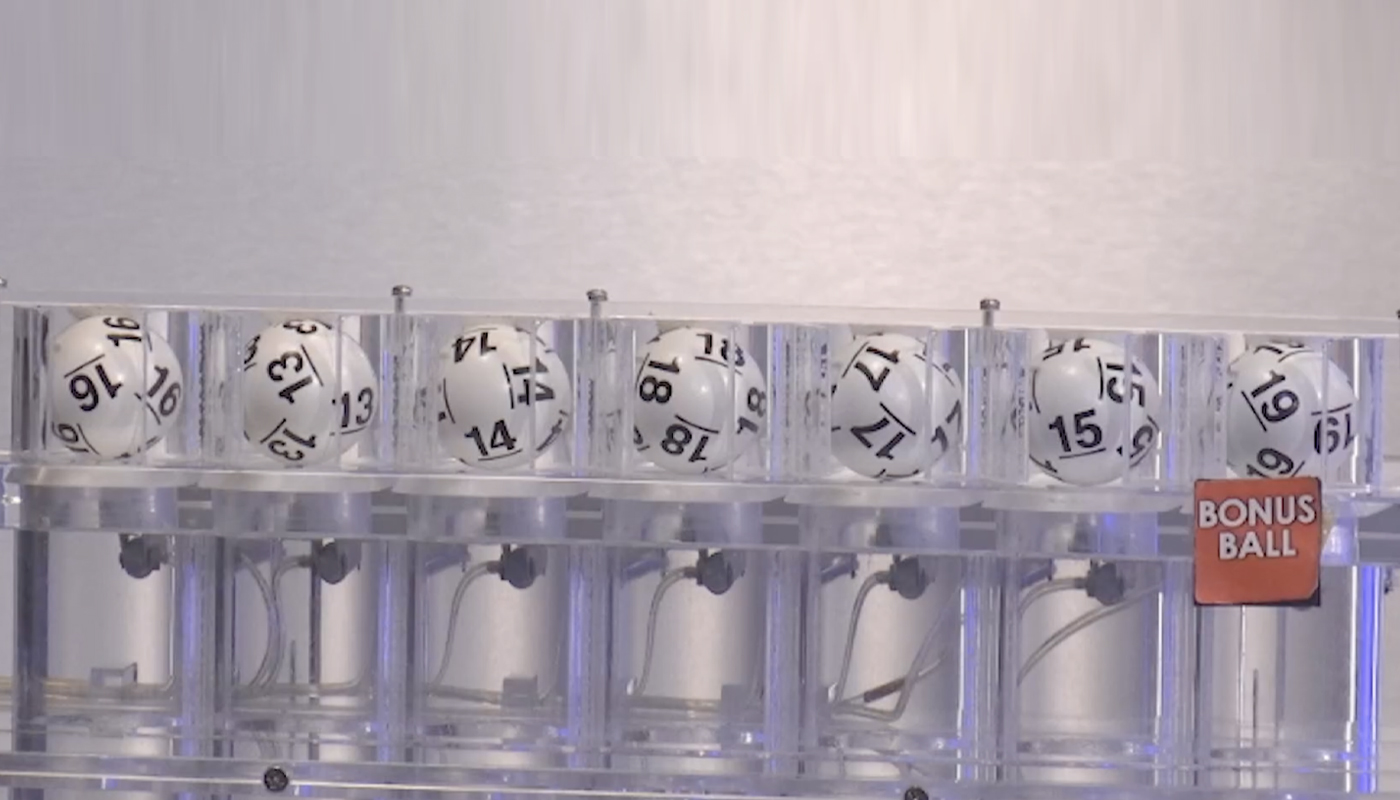


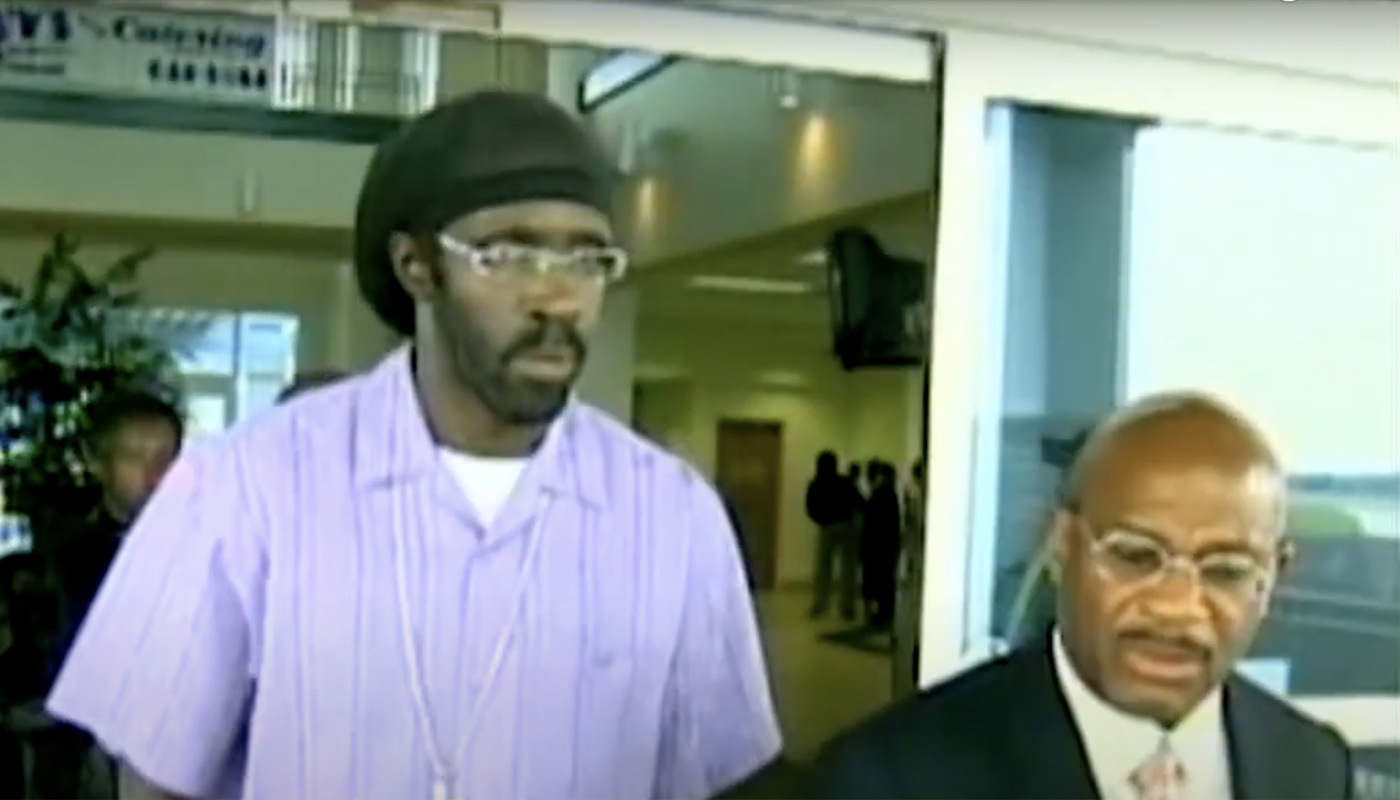








Comments